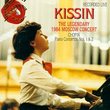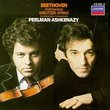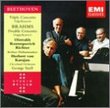| All Artists: Franz Schubert, Richard Goode Title: Schubert: Sonata in B flat, D. 960 / Allegretto in C minor / Impromptu in A flat Members Wishing: 0 Total Copies: 0 Label: Nonesuch Release Date: 5/28/1992 Genre: Classical Styles: Forms & Genres, Sonatas, Historical Periods, Romantic (c.1820-1910) Number of Discs: 1 SwapaCD Credits: 1 UPC: 075597912425 |
Search - Franz Schubert, Richard Goode :: Schubert: Sonata in B flat, D. 960 / Allegretto in C minor / Impromptu in A flat
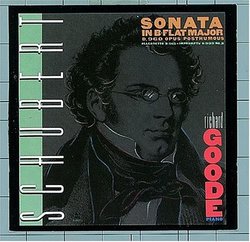 | Franz Schubert, Richard Goode Schubert: Sonata in B flat, D. 960 / Allegretto in C minor / Impromptu in A flat Genre: Classical
|
Larger Image |
CD DetailsSimilarly Requested CDs
|
CD ReviewsExtraordinary Performance 01/01/2000 (5 out of 5 stars) "Goode is at his best in this extraordinary performance of this extraordinary sonata -- written shortly before Schubert's death. The andante -- with its rumbling, ominous, resonant and (above all) beautiful bass -- is heartbreaking. Goode plays with an understanding of the nuances of the sonata that seem to me to be more sensitive than any other performance I've heard." Beautiful Legato 04/01/1999 (5 out of 5 stars) "Goode plays Schubert's Sonata in b flat with superb contol and grace. I believe this to be the best recording of this sonata that is available. It is absolutely beautiful." Goode is Better than Good! Giordano Bruno | Wherever I am, I am. | 10/03/2006 (5 out of 5 stars) "This is a great recording! If a piano can ever "sing" its phrases, Goode's piano does. The critical balance in any Schubert performance is between sentiment and structure (musicality, sonority). Goode finds the perfect balance here."
|

 Track Listings (6) - Disc #1
Track Listings (6) - Disc #1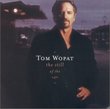


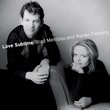

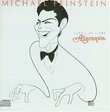
![Vivaldi's Ring of Mystery [With CD]](https://nationalbookswap.com/cd//m/30/0730/80730.jpg)
